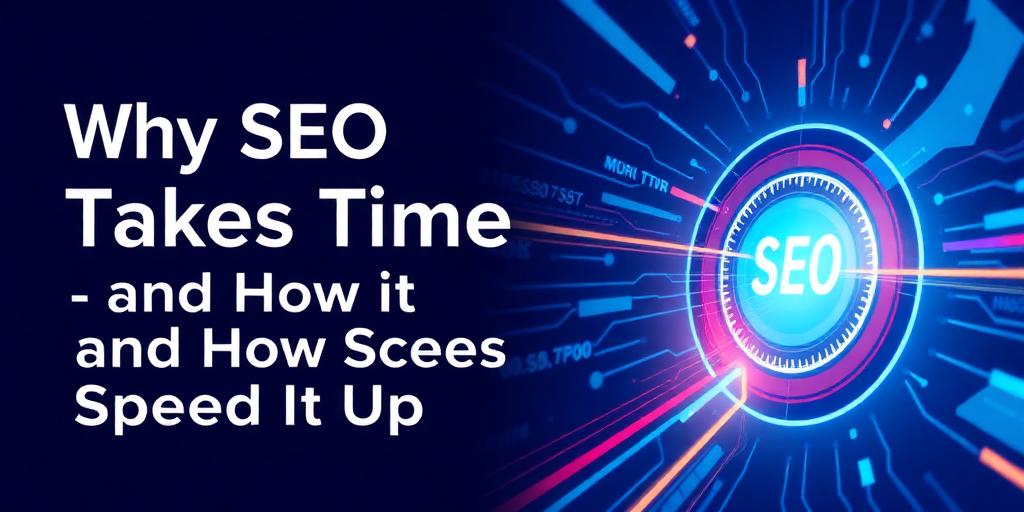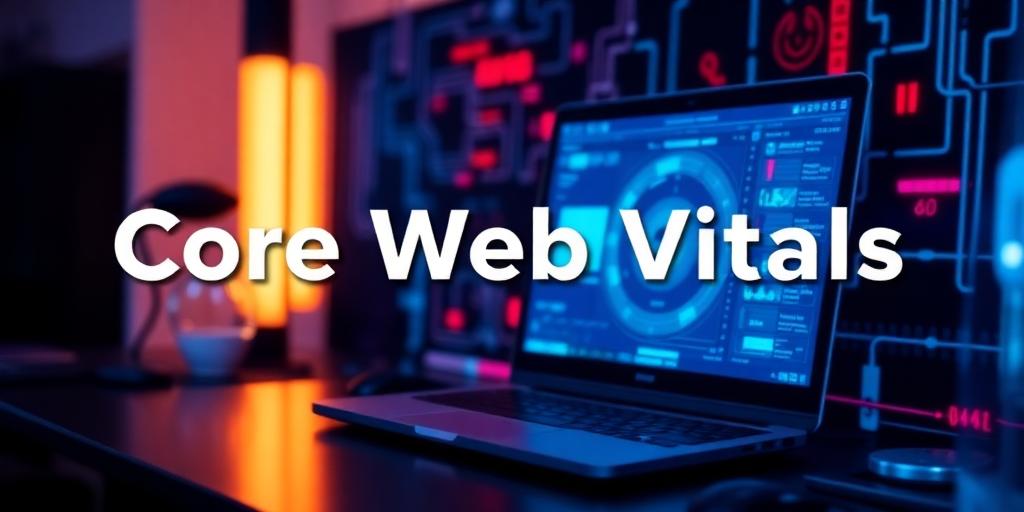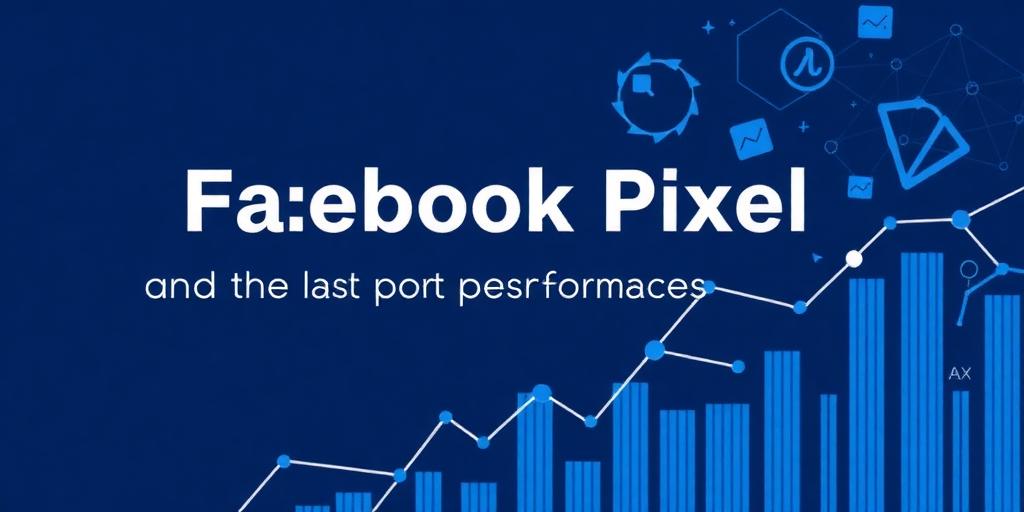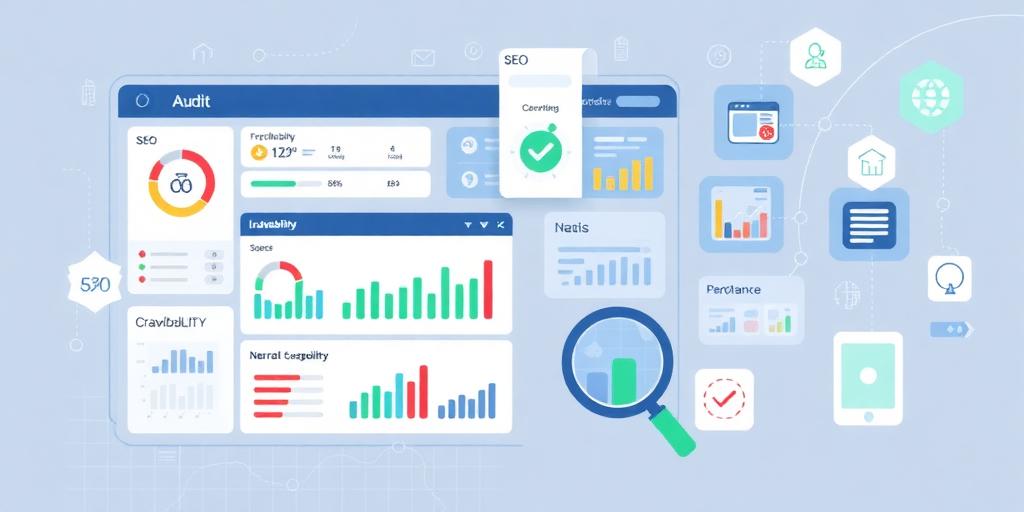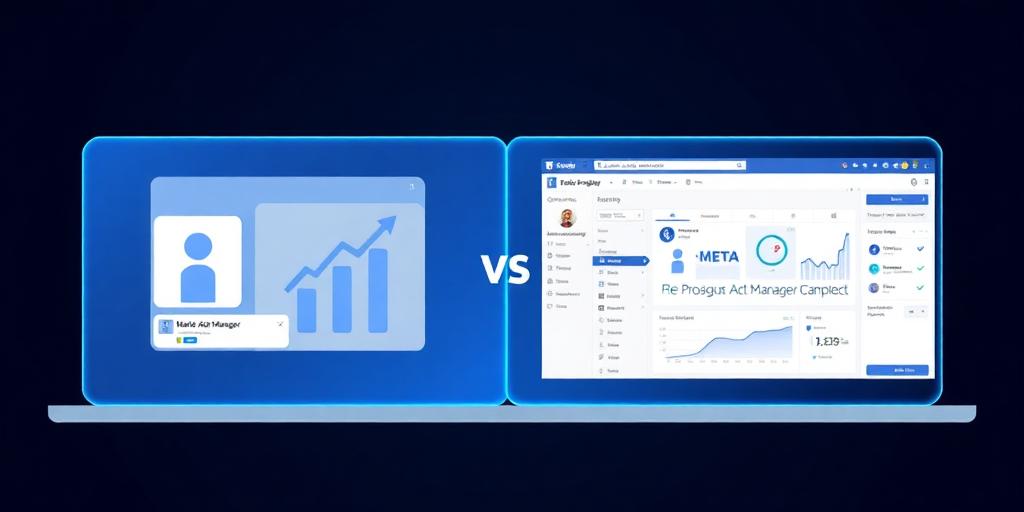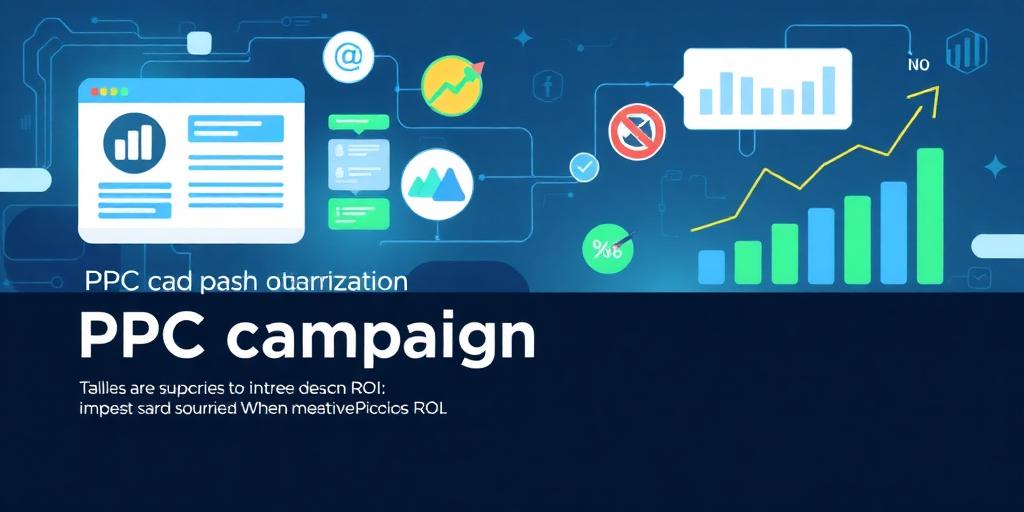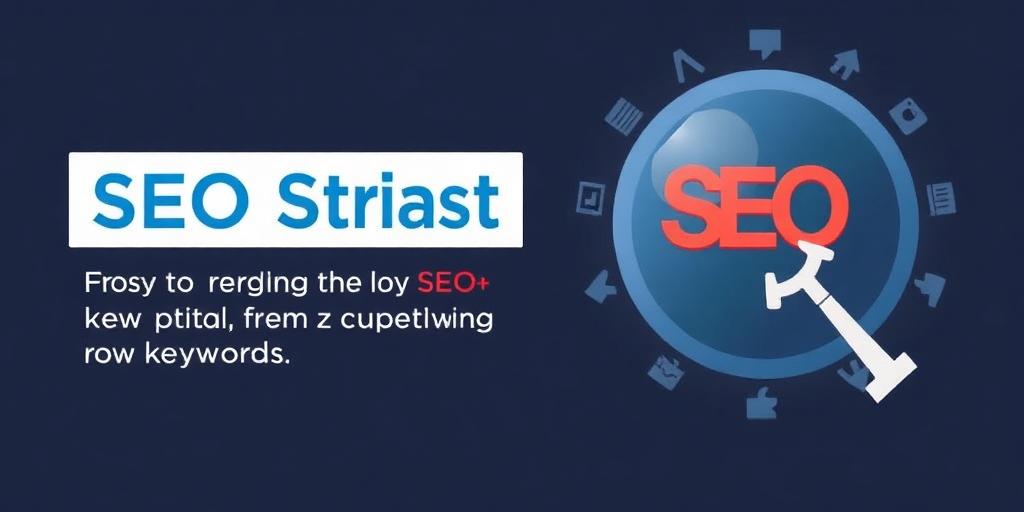Why SEO Takes Time — and How to Speed It Up
Search Engine Optimization (SEO) is a long-term game. Unlike paid advertising, where you see immediate results, SEO requires patience and a sustained effort. Understanding why SEO takes time is crucial for setting realistic expectations and developing an effective strategy. This post will explore the factors influencing SEO timelines and provide actionable tips to accelerate your results.
Understanding the SEO Timeline
SEO isn't an overnight process. It involves numerous interconnected activities that gradually improve your website's visibility in search engine results pages (SERPs). Here’s a breakdown of the typical phases and their timeframes:
- Initial Assessment and Planning (1-4 Weeks):
- Keyword Research: Identifying relevant keywords your target audience uses.
- Competitive Analysis: Analyzing competitors' strategies and identifying opportunities.
- Technical Audit: Assessing your website's technical health and identifying issues.
- Strategy Development: Creating a comprehensive SEO plan.
- On-Page Optimization (1-3 Months):
- Content Creation: Developing high-quality, engaging content optimized for target keywords.
- Title Tag and Meta Description Optimization: Crafting compelling title tags and meta descriptions to improve click-through rates.
- Header Optimization: Structuring content with appropriate headers (H1, H2, H3) to improve readability and SEO.
- Internal Linking: Creating a network of internal links to improve site navigation and distribute link equity.
- Image Optimization: Optimizing images with descriptive alt text and compressing them for faster loading times.
- Off-Page Optimization (Ongoing):
- Link Building: Acquiring high-quality backlinks from reputable websites.
- Social Media Promotion: Sharing content on social media to increase visibility and drive traffic.
- Online Reputation Management: Monitoring and managing your online reputation to build trust and authority.
- Monitoring and Analysis (Ongoing):
- Tracking Keyword Rankings: Monitoring your website's ranking for target keywords.
- Analyzing Website Traffic: Using tools like Google Analytics to track traffic sources, user behavior, and conversions.
- Reporting and Adjustments: Regularly reporting on progress and making adjustments to your strategy based on performance data.
Factors Influencing SEO Timelines
Several factors can impact how quickly you see results from your SEO efforts:
- Website Age and Authority: Older websites with established authority tend to rank faster.
- Competition: Highly competitive industries require more time and effort to rank.
- Quality of Content: High-quality, original content is crucial for attracting backlinks and improving rankings.
- Technical SEO: A technically sound website is easier for search engines to crawl and index.
- Link Building: Acquiring high-quality backlinks can significantly boost your website's authority and rankings.
- Algorithm Updates: Search engine algorithms are constantly evolving, requiring continuous adaptation.
How to Speed Up Your SEO Results
While SEO inherently takes time, there are strategies to accelerate the process:
- Focus on Technical SEO: Ensure your website is technically sound by fixing crawl errors, improving site speed, and optimizing for mobile devices.
- Create High-Quality Content: Develop valuable, engaging content that meets the needs of your target audience. Focus on topics that are relevant and in-depth.
- Prioritize Keyword Research: Identify high-potential keywords with reasonable competition. Target long-tail keywords to capture niche traffic.
- Build High-Quality Backlinks: Focus on acquiring backlinks from authoritative websites in your industry. Guest blogging, resource link building, and broken link building are effective strategies.
- Optimize for User Experience: Ensure your website provides a seamless user experience. Improve site navigation, reduce bounce rates, and optimize for mobile devices.
- Leverage Social Media: Promote your content on social media to increase visibility and drive traffic. Engage with your audience and build a strong social presence.
- Monitor and Analyze Your Progress: Regularly track your keyword rankings, website traffic, and conversions. Use data to identify areas for improvement and optimize your strategy.
- Utilize Local SEO: If you have a brick-and-mortar business, optimize your Google My Business profile and target local keywords to attract local customers.
- Consider Paid Advertising: While SEO is a long-term strategy, paid advertising can provide immediate visibility and drive targeted traffic to your website. Use paid ads to supplement your SEO efforts and generate leads.
Realistic Expectations
It's important to set realistic expectations for your SEO efforts. While you may start seeing some improvements within a few months, significant results typically take 6-12 months or longer. Consistency and patience are key to achieving long-term success with SEO.
Conclusion
SEO is a marathon, not a sprint. Understanding the factors influencing SEO timelines and implementing effective strategies can help you accelerate your results. By focusing on technical SEO, high-quality content, keyword research, and link building, you can improve your website's visibility and attract more organic traffic. Remember to stay patient, consistent, and adaptable to the ever-changing landscape of search engine optimization.

